Plots and obstacles to a return to the US-Iran nuclear agreement
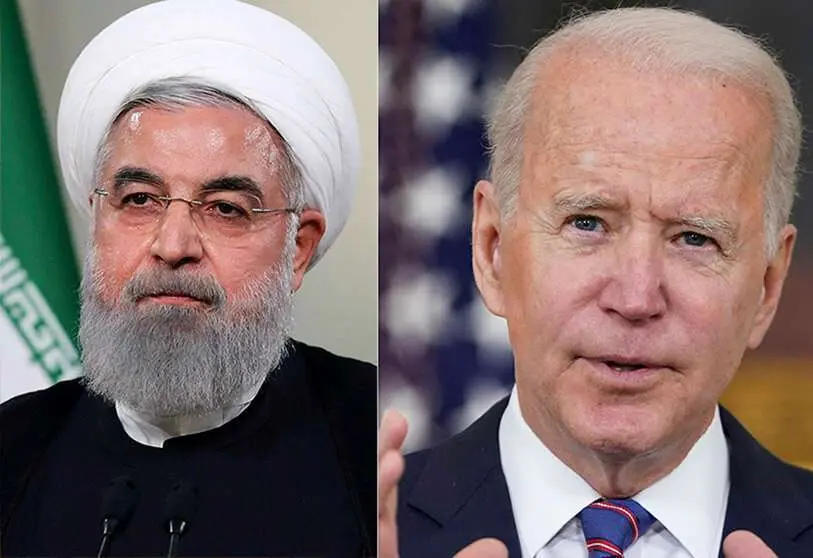
The leak of an audio of Iranian Foreign Minister Mohammad Javad Zarif making multiple statements about the internal workings of the regime, as well as the role that the Islamic Revolutionary Guard Corps (IRGC) plays in the country's foreign policy, has also spilled over into US politics, specifically to former Secretary of State John Kerry.
In these audios Zarif explains that Kerry reportedly told him that Israel had attacked Iranian interests in Syria at least 200 times, according to the New York Times. "Kerry has to tell me that Israel has attacked us 200 times in Syria," says Zarif, who complains in the recording that the Iranian military has long kept him in the background on crucial issues. "Didn't you know that?" the interviewer asks twice. Both times, Zarif replies, "No, no".
These statements have provoked a wave of criticism of former Secretary of State John Kerry, particularly from the Republican camp, which accuses Kerry of betraying trust on Israel's security issues. Senator Ted Cruz, R-Texas, emphasised that, if true, the comments would amount to "catastrophic and disqualifying recklessness".
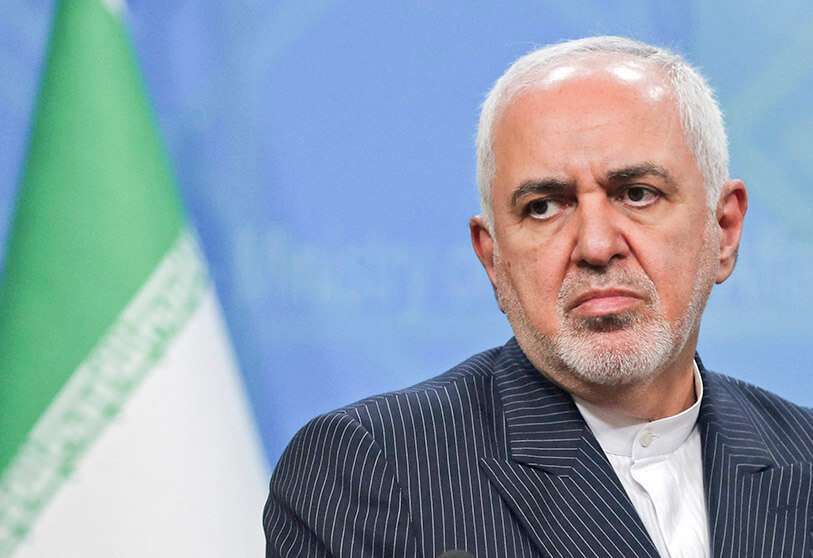
Senator Dan Sullivan, an Alaska Republican and former State Department official under President George W. Bush, called in a speech on the Senate floor for Kerry to resign, saying he was "astonished" that Kerry would "reveal the secrets of one of our most important and enduring allies in the region to an avowed enemy, the world's largest state sponsor of terrorism."
John Kerry, for his part, has denied the facts. "I can tell you that this story and these allegations are unequivocally false. This never happened - not when I was Secretary of State and not since," Kerry explained in a tweet. In the same tweet, the former secretary of state also refers to a series of news reports from 2018, in which Israeli officials confirmed that the Jewish state had carried out more than 200 strikes against Iranian targets in Syria in the last two years.
Moreover, the Reuters news report states that, according to regional sources, Israel began conducting military strikes in Syria in 2013 against alleged arms transfers and deployments by Iranian forces and their Lebanese Hezbollah allies. Israel itself has never categorically denied the multiple attacks attributed to it on Syrian territory since the start of the civil war in the Arab country.
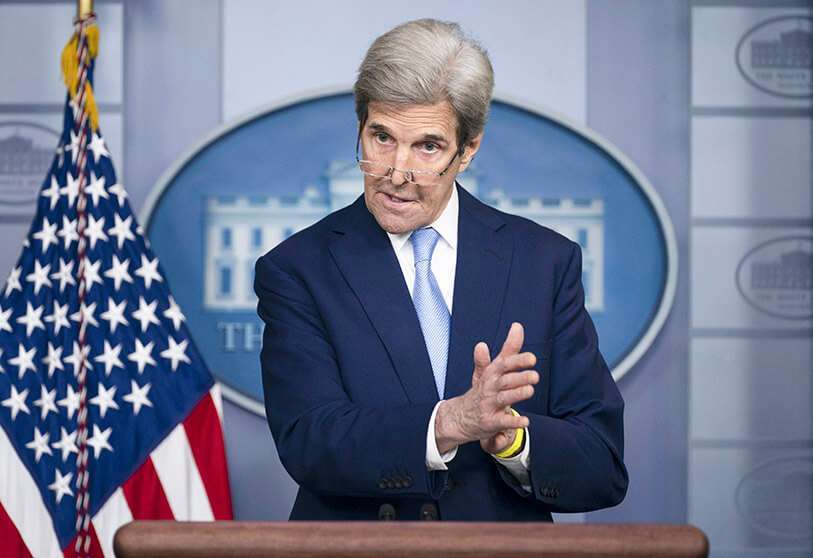
State Department spokesman Ned Price declined to give Zarif's remarks any further weight and told reporters that he would not comment on the 'alleged leaked material' and could not 'vouch for its authenticity or accuracy' or establish the motives behind the leak.
It is interesting to analyse the timing of the leak. The recording is of a three-hour interview conducted by economist Saeed Laylaz, which was not due to be released until after President Hasan Rohani left office in August. The interview portrays Iranian Foreign Minister Javad Zarif as having no real authority, and that foreign policy decisions are ultimately made by the Islamic Revolutionary Guard Corps.
Everything is happening for a reason, which is why many analysts believe that this is not just a leak, but pursues a larger goal. Former special adviser for Iran at the State Department, Gabriel Noronha, maintains that "the leak was likely instigated by regime insiders who have long hated Zarif and have sought to remove him - they oppose current efforts to rejoin the [Iran nuclear deal and also want to bolster domestic opposition to President Rohani and his allies who are running for election in June."
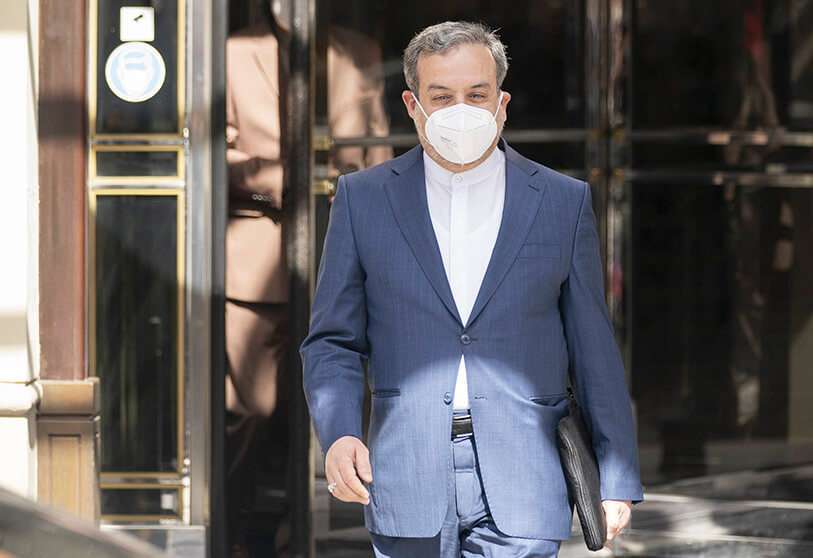
The recording comes at a crucial moment for the Vienna talks, whose main objective is a return to the US-Iran nuclear deal, where the two countries are conducting indirect contacts. This new setback only further hampers the already complex negotiations.
There are many factors that could jeopardise a return to the US-Iran nuclear deal. Despite the fact that the Joint Comprehensive Plan of Action (JCPOA) considers the same points as in 2015, i.e. it is a contract that does not need to be rewritten, and that both countries already agreed to at the time, unfortunately the context is completely different.
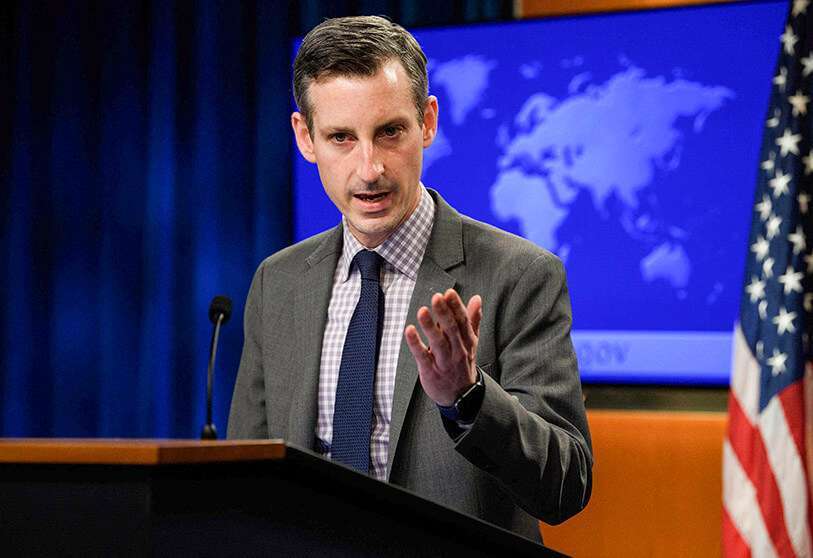
In both the United States and Iran, there are many sectors that are against a return to the nuclear pact, as well as external countries that do not agree with this decision, such as Israel. Moreover, the mutual distrust that both the US and the Islamic Republic have for each other does not facilitate negotiations. The unilateral withdrawal from the pact by former US president Donald Trump further aggravated this feeling within the Persian country.
The JCPOA did not offer any guarantees if any of the countries withdrew from the pact unilaterally, as happened in 2018, so a change of administration or presidency in the case of Iran could once again lead to withdrawal from the pact, as there are no direct consequences. This Tuesday a new round of contacts will take place in Vienna to save the Iranian nuclear deal, where the impact of this leak will be seen, or if on the contrary both countries are more willing to reach an agreement than to use the recording as a weapon in the talks.








